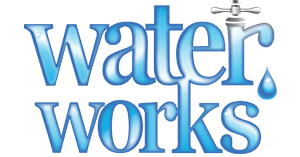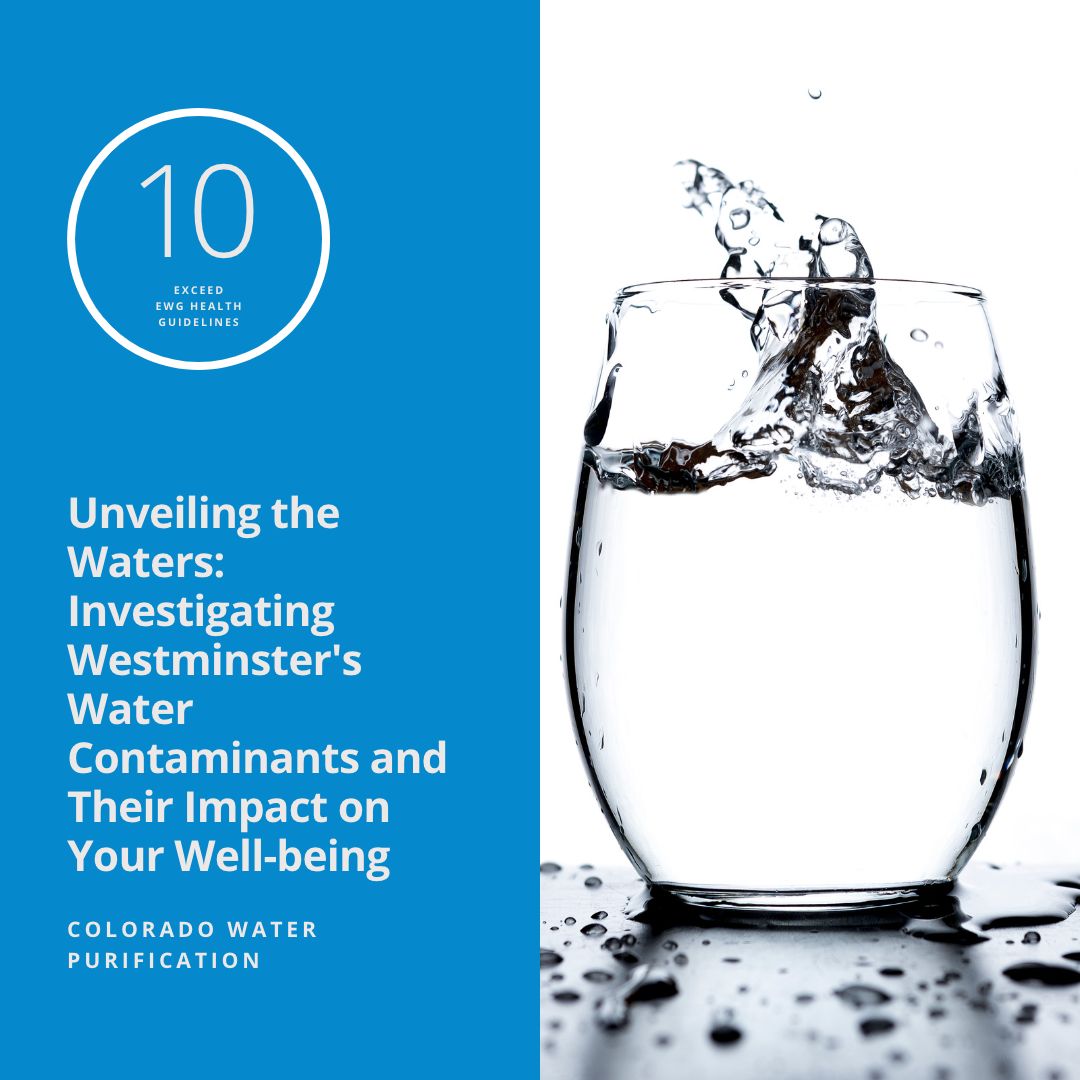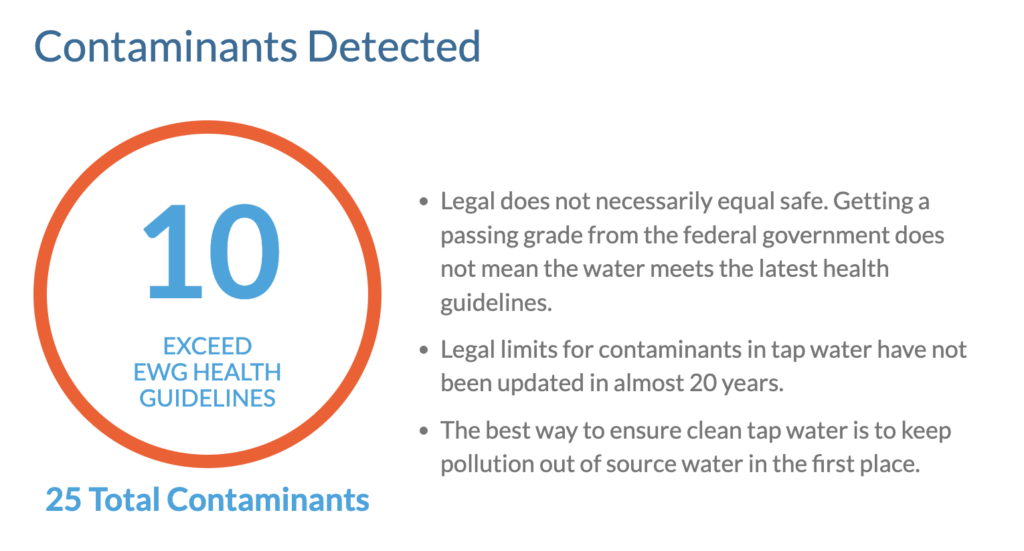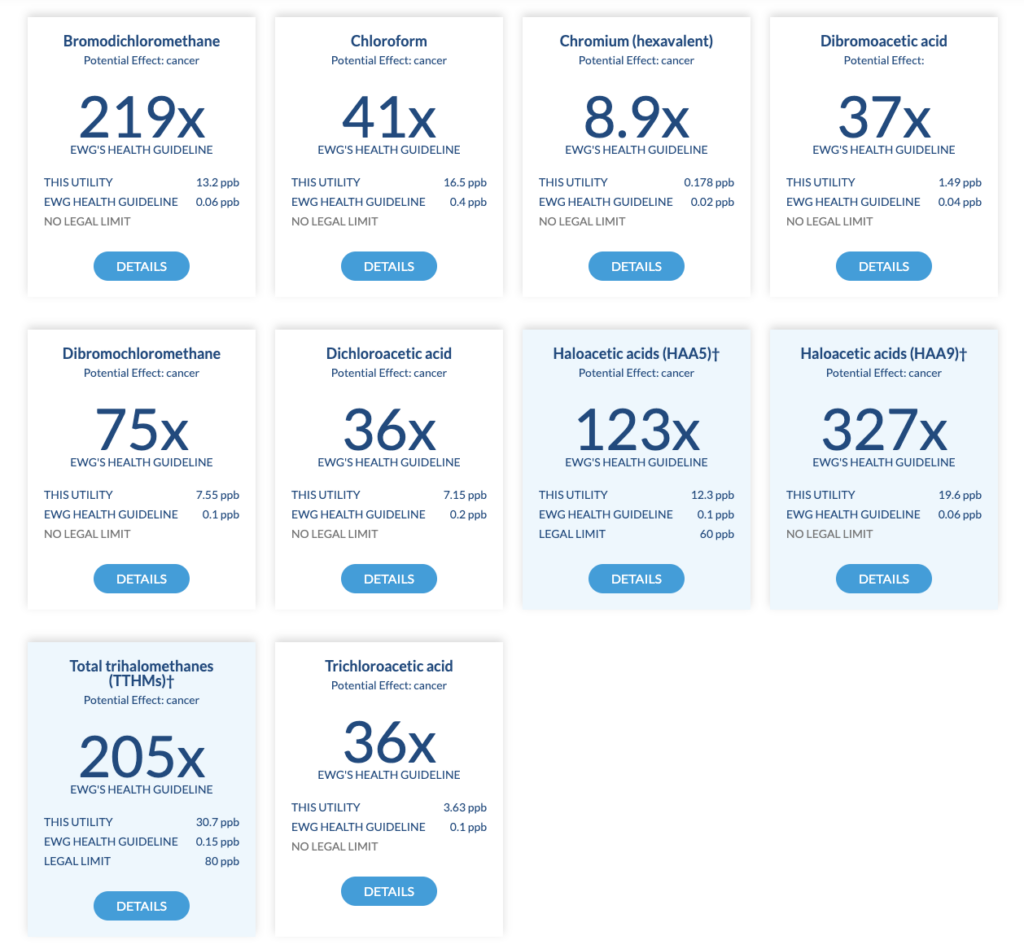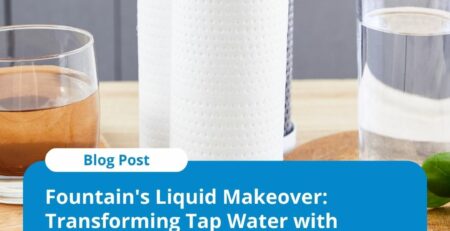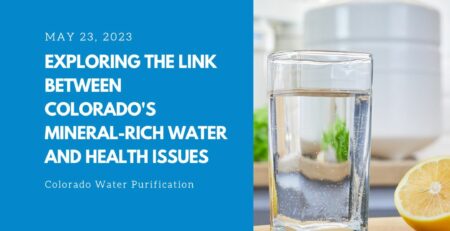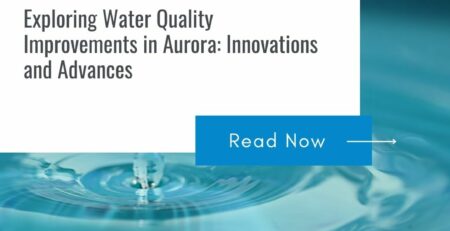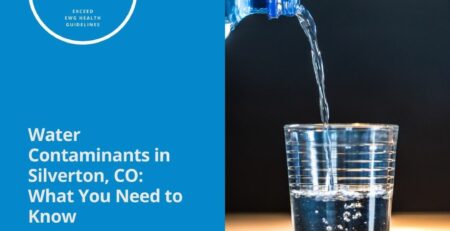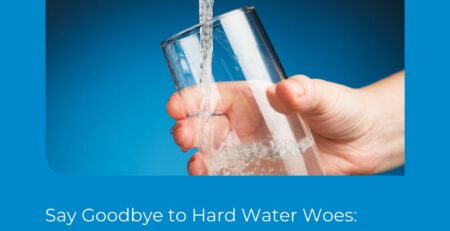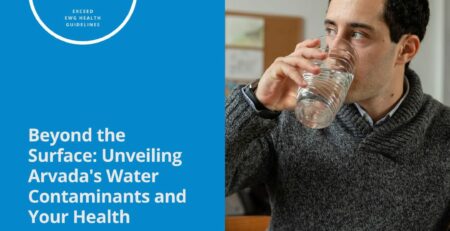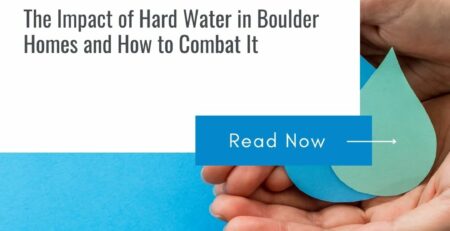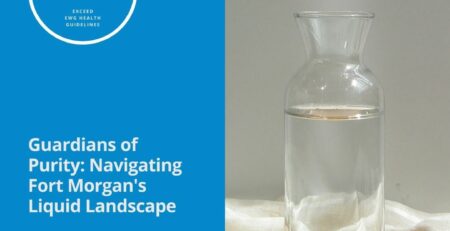Water is the elixir of life, quenching our thirst and sustaining our bodies. But what lies beneath the surface of
Westminster, Colorado’s water supply? Join us as we peel back the layers to uncover the presence of contaminants that may affect your health. Based on the EWG health guidelines, we’ll delve into the risks associated with these tenacious substances, empowering you to make informed decisions for a healthier lifestyle.
Barium: The Silent Menace to Your Nervous System
Discover the potential dangers of barium, a naturally occurring metal that can harm the nervous system and cause kidney damage. Understanding its presence in Westminster’s water supply enables us to take proactive measures to protect ourselves.
Bromodichloromethane: Unmasking the Carcinogenic Intruder
Dive into the realm of bromodichloromethane, a chemical formed during water disinfection. Explore its classification as a known carcinogen and its potential to cause cancer. Armed with knowledge, we can mitigate its impact on our health.
Chromium (Hexavalent): The Toxic Threat
Explore the toxicity of hexavalent chromium, a hazardous metal linked to cancer, liver damage, and kidney damage. Gain insights into its presence in Westminster’s water and uncover strategies to minimize exposure.
Dibromoacetic Acid: Unveiling the Carcinogenic Potential
Unearth the risks associated with dibromoacetic acid, a byproduct of water disinfection. Explore its classification as a known carcinogen and its potential to cause cancer. Empower yourself with strategies to safeguard your well-being.
Dibromochloromethane: Peering into the Carcinogenic Abyss
Delve into the depths of dibromochloromethane, a chemical formed during water disinfection. Learn about its classification as a known carcinogen and its potential to cause cancer. Discover ways to reduce your exposure.
Dichloroacetic Acid: Decoding the Carcinogenic Enigma
Unravel the mysteries of dichloroacetic acid, a byproduct of water disinfection. Explore its classification as a known carcinogen and its potential to cause cancer. Equip yourself with knowledge to minimize its impact.
Haloacetic Acids (HAA5): The Cancerous Cohort
Delve into the world of haloacetic acids, a group of chemicals formed during water disinfection. Unmask their classification as known carcinogens and their potential to cause cancer. Uncover strategies to limit their presence in your water.
Haloacetic Acids (HAA9): Illuminating the Carcinogenic Intruders
Peek into the presence of nine haloacetic acids, chemicals formed during water disinfection. Understand their classification as known carcinogens and their potential to cause cancer. Implement effective measures to reduce their impact.
Nitrate: Safeguarding Infants’ Health
Uncover the hazards of nitrate, a naturally occurring chemical that poses a threat to infants, particularly those under six months old. Learn about methemoglobinemia and its association with the dreaded blue baby syndrome. Discover how to protect our little ones.
Uranium: Radioactive Ripples in the Water
Unveil the presence of uranium, a naturally occurring radioactive element lurking in Westminster’s water. Understand its potential harm to the kidneys and its association with cancer. Gain insights into minimizing exposure for your well-being.
While the levels of these contaminants in
Westminster’s water supply typically remain below the EPA’s health advisory levels, individual sensitivity can vary. To address concerns about your drinking water quality, reach out to your local water utility for detailed information or consider water testing by a private lab.
It’s essential to note that the EWG health guidelines set higher standards than the EPA’s health advisory levels. These guidelines are based on the latest scientific research and prioritize comprehensive health protection.
To reduce your exposure to these contaminants, take proactive steps:
Filter Your Water: Explore various water filters designed to remove contaminants and ensure cleaner drinking water.
Boil Your Water: Boiling water for at least one minute effectively eliminates bacteria and viruses, providing an added layer of safety.
Consider Bottled Water: If you have concerns about tap water quality, opting for bottled water can offer peace of mind.
Remember, if you have specific worries about the quality of your drinking water, consulting with your doctor can provide personalized guidance.
Join us in this journey to uncover the truths that lie within Westminster’s water supply. Armed with knowledge, we can protect ourselves and our loved ones, ensuring access to clean, safe water for a healthier future.
